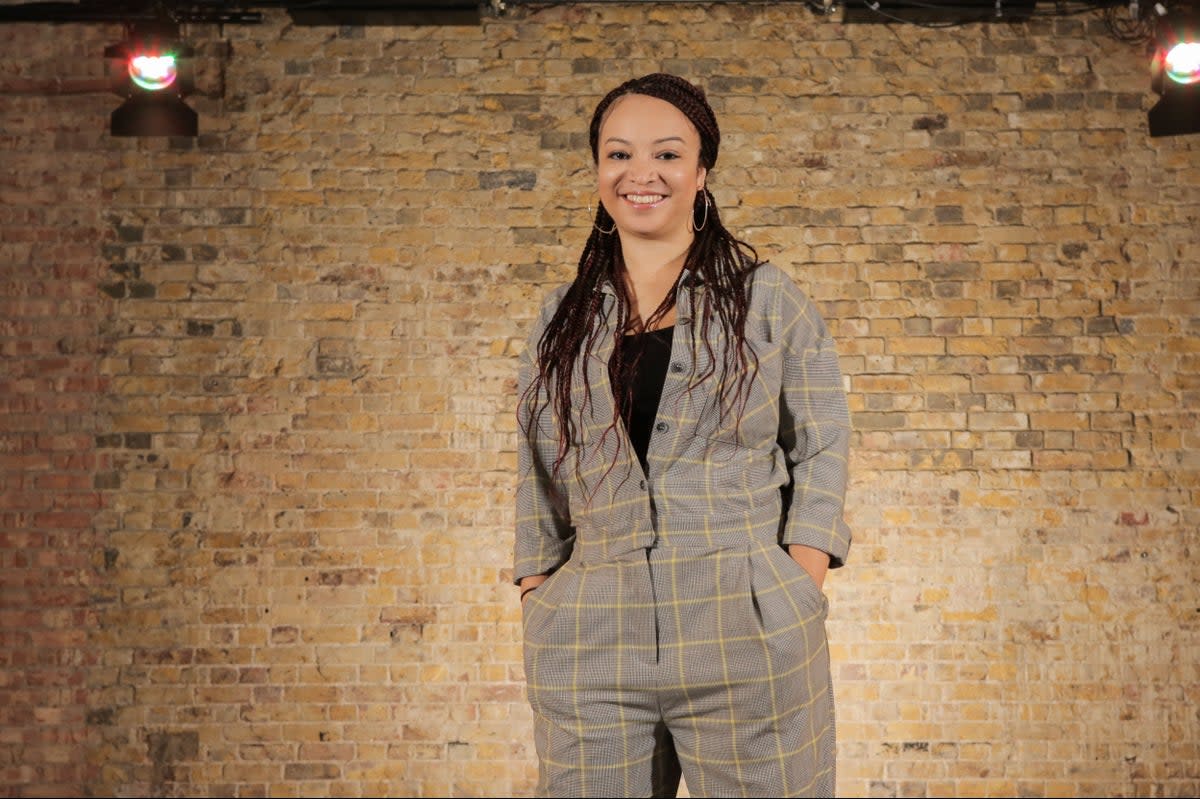The Olivier Awards nominations champion superb shows, but they also reflect London theatre's diversity problem

The Olivier Award nominations were revealed last week. Yet I predicted the same list, pretty much, as many as three weeks ago. Not because I'm looped in – the Bush Theatre, of which I am Artistic Director, can't justify the expense of full Society of London Theatre membership, which would buy us a seat at the voting table – but because the nominations in the main categories for plays are entirely predictable. To me, it's loud. Who is missing is LOUD.
Work produced at the Bush can only be nominated in one category – that of Outstanding Achievement in an Affiliate Theatre. This year we have two remarkable shows up for the award: A Playlist for The Revolution by AJ Yi, and Sleepova by Matilda FeyiÅayo Ibini. The other play categories look quite different to ours.
We're proud of the distance between that homogenous list and our reality, but we’re worried that nobody seems to have noticed the contrast.
Two things can be true at the same time. We can be honoured, while being outraged.
We can be overjoyed that two of our wonderful plays have Olivier nominations for the fourth year in a row, while being disappointed that creatives from the Global Majority are nowhere to be seen in many major play categories.
We can be proud that the Bush has won the Olivier Award in the only category in which we are eligible for three years in a row, while being infuriated that all the Black and Brown work is confined to that one area. Did anyone notice that ALL of the plays in the Best New Play and Best Revival categories are by white writers?
We can be excited to see our friends and peers nominated in other categories, while being tired of seeing so much talent that should sit alongside them being ignored, excluded, erased. When was the last time we saw Black women creatives in the major play categories?
We can be grateful for the bump these nominations will offer to artists and to our fundraising, while also feeling compelled to ask questions about an all-white, all-male Director category. The last time a solo director from the Global Majority was nominated was Bijan Sheibani, in 2010. As far as I can tell, no Black person has ever been nominated solo in this category. Since 1976.

We can be relieved that press coverage will help bring audiences to our West London home, and to see the West End transfer of our play Red Pitch at @sohoplace, while also wondering why a show that was literally the talk of the town took over two years to secure a transfer.
This is a real step backwards from last year's Oliviers, where Lighting, Sound and Costume Design all went to artists of the Global Majority, all working on the Studio Ghibli adaptation My Neighbour Totoro at the Barbican. But Black and Asian and Middle Eastern British stories need to sit firmly in the commercial sector without a question. Our plays attract critical attention, win awards, and, like Benedict Lombe’s Shifters, now packing out our main space, they don’t just sell, they sell out!
But this isn’t really about the Oliviers. Awards can only reflect the theatre industry we're working in – particularly the commercial side. This is about the work of Black and Brown artists, and the broader attitude towards it that this list reflects.
This industry belongs to all of us. Yet we at the Bush remain unconvinced that the commercial sector actually celebrates and makes space for all of us. Things are supposed to be changing, but a list like this, that could have existed 20 years ago, raises the question of whether they really are.
This is about space. I have spent my career talking about taking up space – quoting James Baldwin, trying to empower myself and the artists we work with to know that we belong in this industry. And at the Bush, I'm proud to say I think we see it.
We don’t hold all the answers, and we make mistakes, but I hope our artists and audiences fill our building as themselves. The debut writer, the returning playwright, the first time audience member who laughs and cries and leaves with questions, the elder who comes to every single show to be moved and connected, the Young Company members, the Schools Project groups, the local community devising sessions.
We've created (and fundraised for) an environment where people are seen, nurtured, and championed. I’m proud to run a theatre that more accurately and truthfully reflects the vibrancy and diversity of the city we’re in.
I’ve always preferred to let the work do the talking. So I’d invite every reader to try for rush tickets for Shifters, or come and see our next show, Sheibani’s The Cord. Or Tyrell Williams’ Red Pitch at @sohoplace, or the work of the other wonderful companies – Talawa, Tamasha, Eclipse, tiata fahodzi, Tara, Actors Touring Company, and many more – who are also making work which reflects and moves the city we live in.
Thanks to the elders and incredible pioneers like Yvonne Brewster, Alfred Fagon, Carmen Monroe, Mona Hammond, and many more, we’re standing on extraordinary shoulders. I hope you’ll come and enjoy the bold, inclusive, critically acclaimed, sell-out productions British theatre has to offer now, even if the awards paint a different picture.
Lynette Linton is Artistic Director of the Bush Theatre

